By Dan Marshall on Mar 19, 2021 2:07:41 PM
Being involved in a wide variety of industries and having our products and solutions used in different applications, we have seen a lot through the years. I have seen a lot during my site visits as well, and it got me thinking about sharing some of what I've seen with you. We always tend to see and share the "bad." Just look at the media and news, full of negativity instead of positivity. So, I want to share both today: The Good, the Bad, and the Ugly. But I'm sharing in hopes to spark an urgency to remedy the bad and replace with the good.
The Good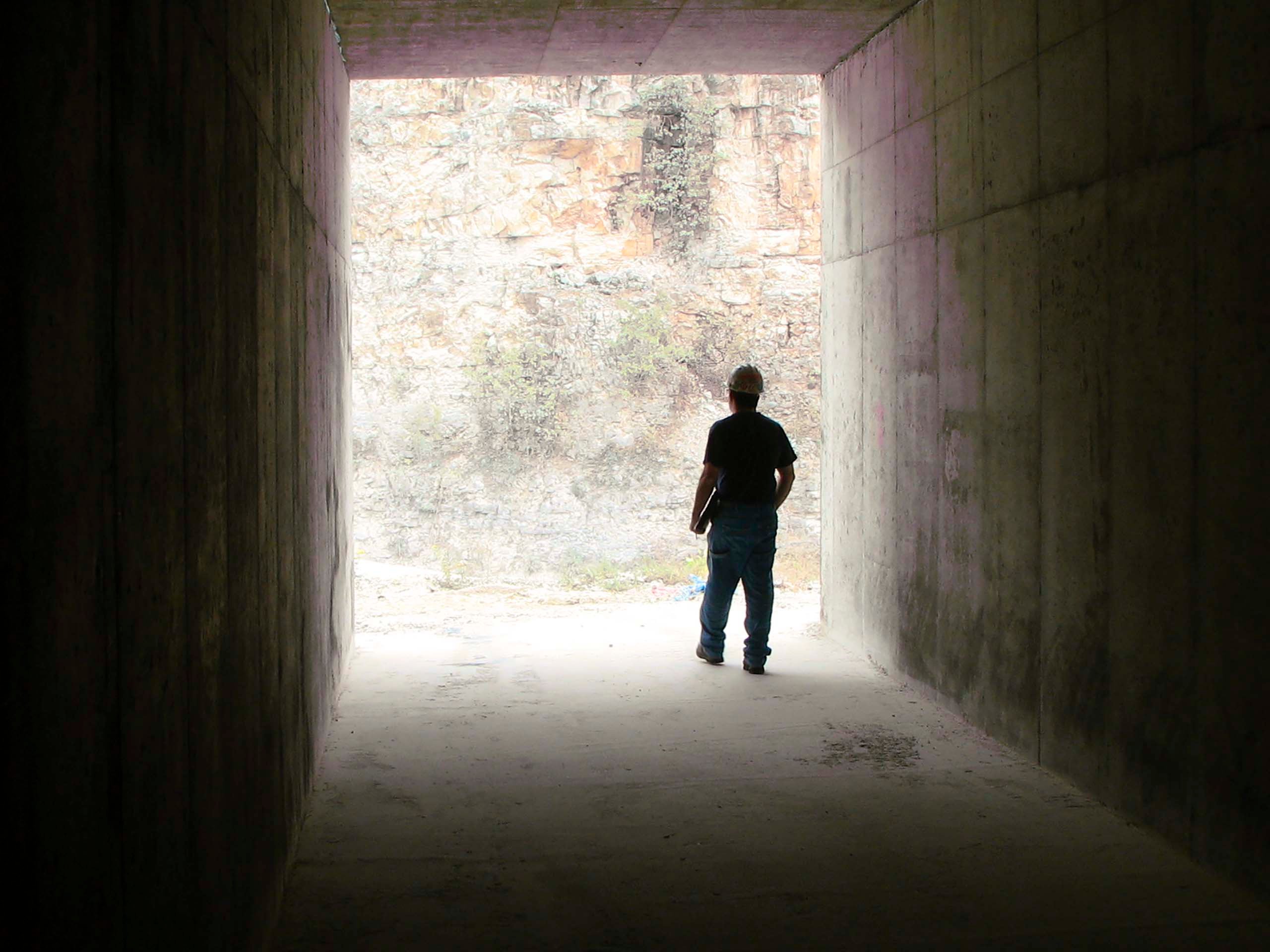
I snapped this photo about six hours into a 12-hour site survey and conveyor walkdown. After looking at conveyors for hours (which I love, don't get me wrong), it was a pleasant sight to look over and see a bit of nature staring back at me. We were walking through a runoff tunnel at a limestone plant and on the other side, we stumbled upon this breathtaking site. I think the plant staff felt the same way, and I as I saw him taking a breather in this peaceful moment, I quickly grabbed my camera! I would sum this up as "The Good!"
The Bad
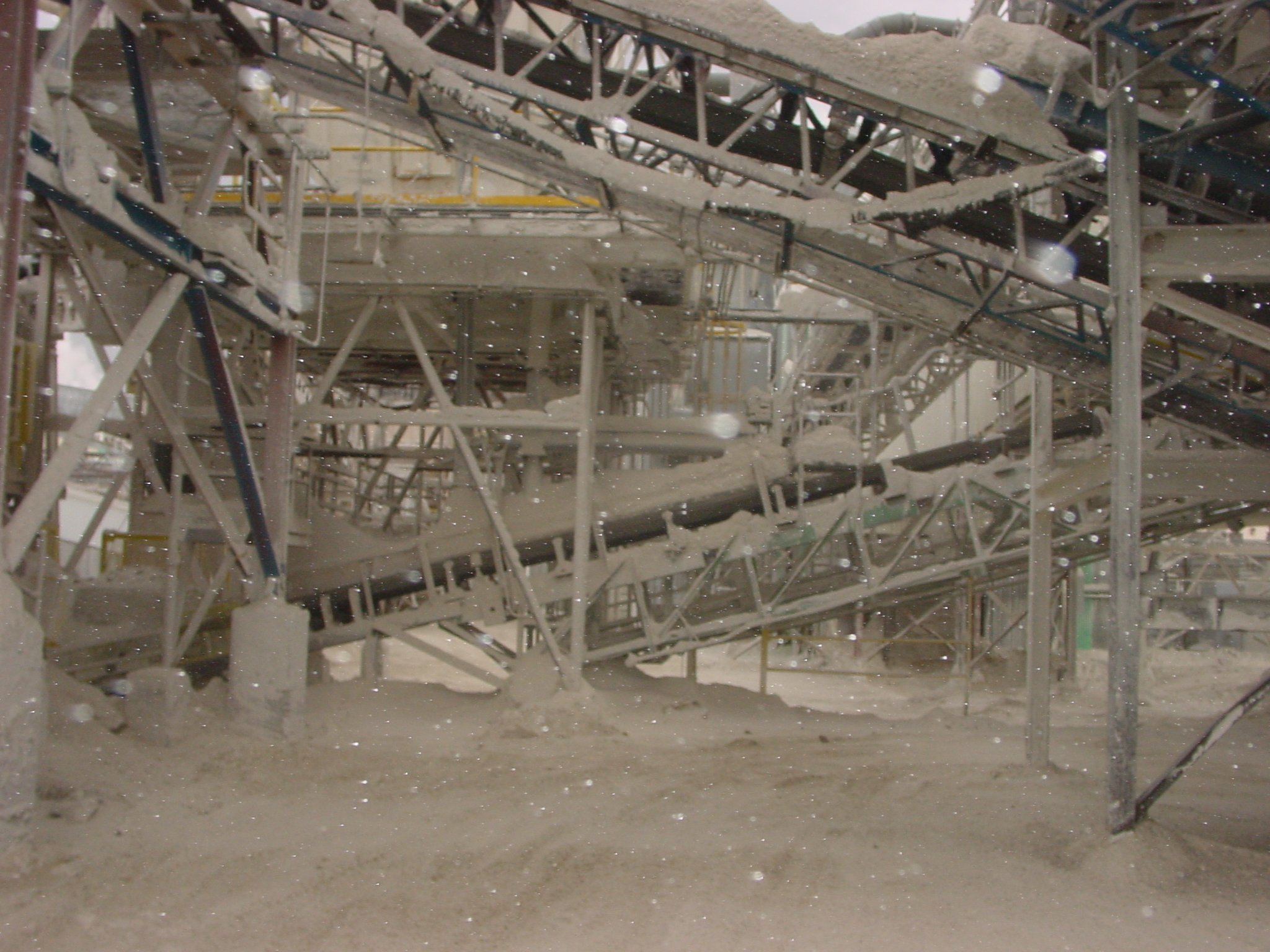
This was indeed bad. I came across improper belt support, poor belt sealing, lack of belt cleaning, carryback, spillage, and dust. This site survey revealed a lot of opportunities for improvement.
One of the easiest and most effective ways to control dust is to minimize air velocity. What does that mean? Let me explain by starting with this fact: dust particles are heavier than air. They can and will settle back into the material stream if given still conditions and enough time. A common method to combat airborne dust is to simply enclose it.  with enlarged settling zones minimize air drawn into the transfer point and allow dust to settle.
with enlarged settling zones minimize air drawn into the transfer point and allow dust to settle.
In order to seal up transfer points and mitigate dust, belts must be properly supported so the belt's edge maintains contact with the sealing system. Adequate belt support also reduces damage to equipment and eliminates pinch points where trapped material can rip the belt.
Belt sealing solutions maintain an effective seal without the need for regular maintenance while preventing fugitive dust from escaping. It kind of speaks for itself so I won't bore you.
The Ugly
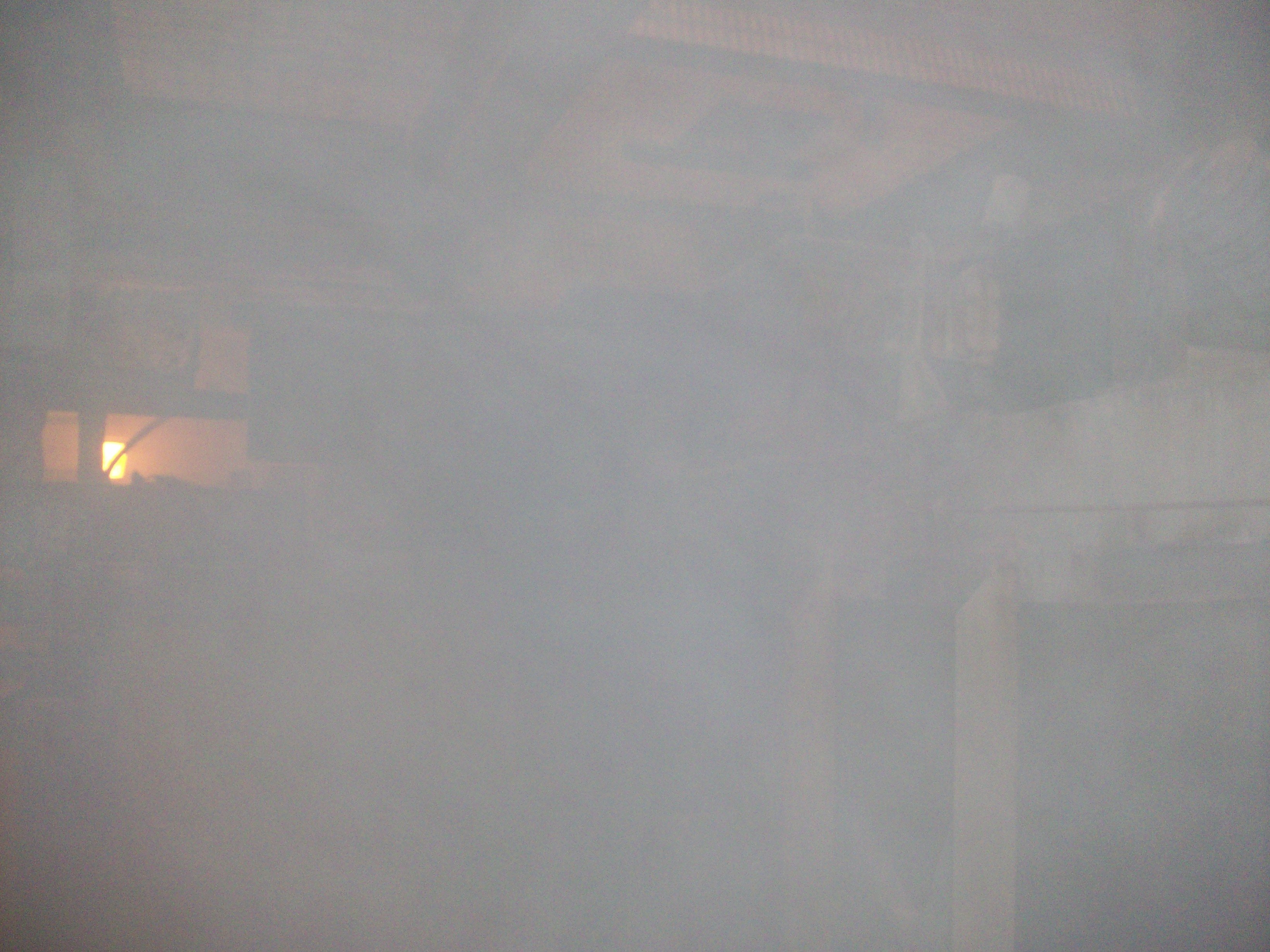
Yes, I meant to use this obscure photo. Hard to tell what you're looking at, right? Dust, an insane amount of dust!
Dust can present many issues:
- Material Loss
- Unsafe Work Conditions
- Explosion Risk
- Increased Maintenance & Cleanup
- Environmental Noncompliance
- Health Concerns
- Neighborhood Relations
This operation was in serious need of dust control, which comes in different forms:
Material Handling Improvements: Take the Bad & Make it Good!
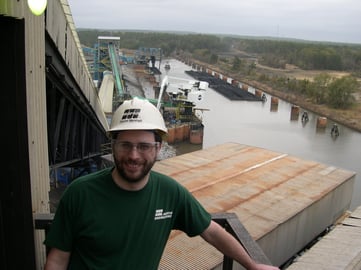
Now looking at the photo to the right, I hope you only see good since that is me on a site visit!
My main goal at Martin is to help those in bulk material handling industries achieve Cleaner, Safer, and More Productive material handling. Please take the time to turn a bad or less-than ideal situation into an improved and better one! We could all use More Good & Less Bad. If you need help with that, I'm here.

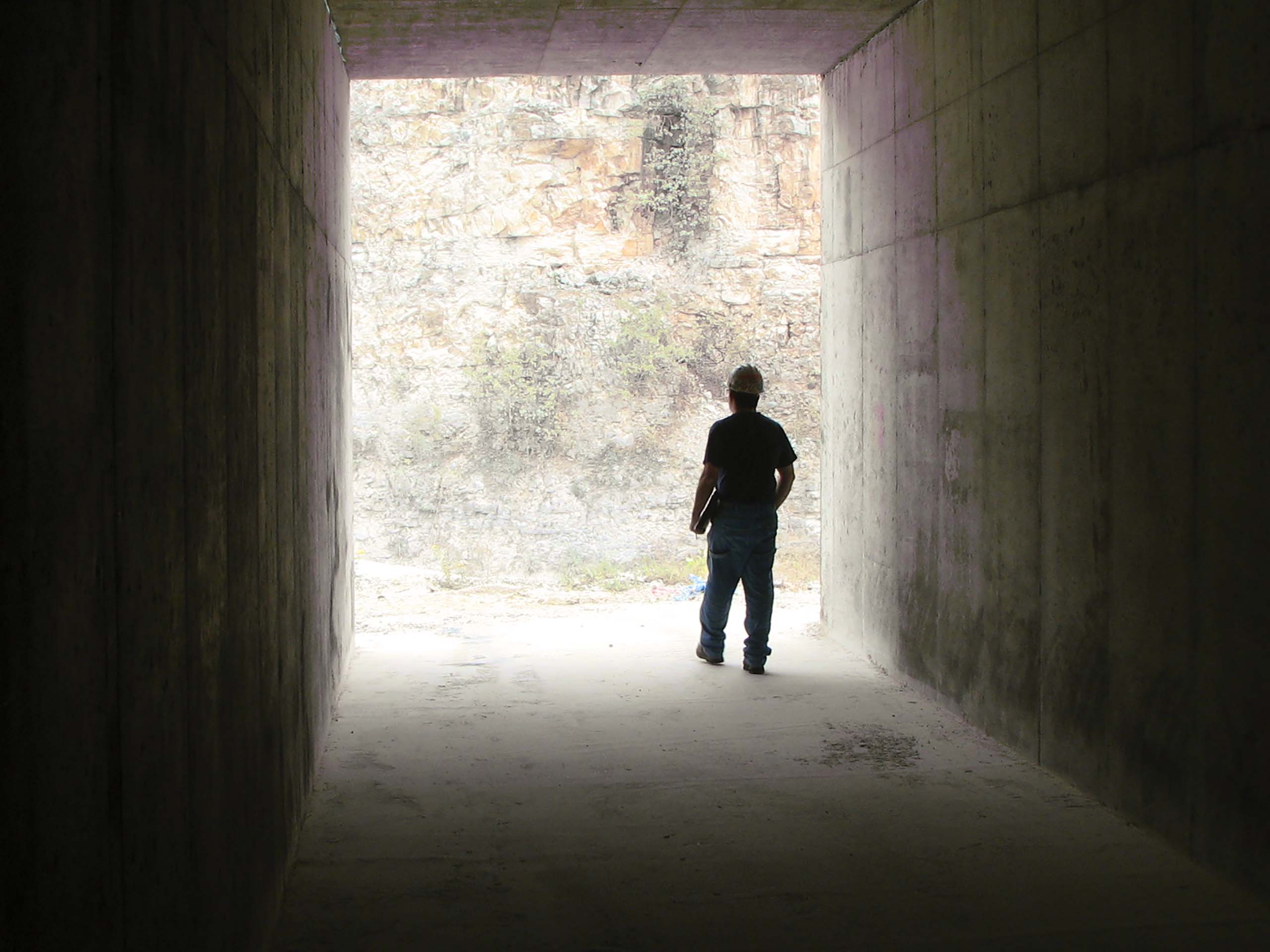






comments